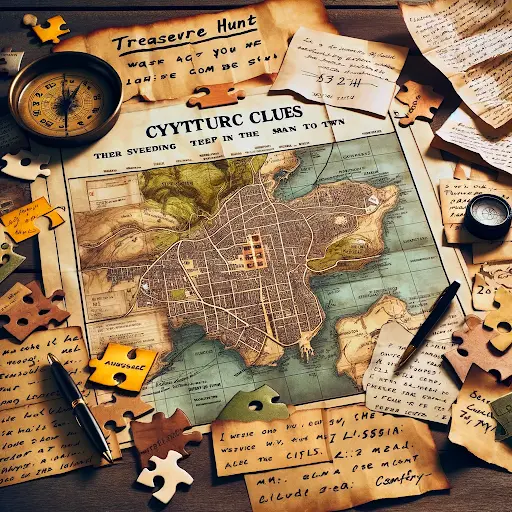Gone girl book summary
Updated: 28 January 24
32
Introduction
“Gone Girl” by Gillian Flynn stands as a monumental work in the thriller genre, captivating readers with its intricate plot and psychological depth. This novel isn’t just a story; it’s a journey into the complexities of marriage, media, and manipulation. Flynn, a maestro of suspense, weaves a narrative that keeps readers on the edge of their seats, making “Gone Girl” a must-read for fans of psychological thrillers.

Author’s Background
Gillian Flynn, an American author and former television critic for Entertainment Weekly, has carved a niche for herself in the world of psychological thrillers. With her expertise in crafting compelling narratives, Flynn has received widespread acclaim, including from the prestigious Edgar Award panel. Her previous works, like “Sharp Objects” and “Dark Places,” have set a high bar in the thriller genre. “Gone Girl,” her third novel, further cements her status as a master storyteller with an astute understanding of the darkest corners of the human psyche.

Main Content of the Review
Summary
“Gone Girl” begins as a mystery about the disappearance of Amy Dunne, which gradually unfolds into a much darker exploration of marriage, media, and manipulation. The novel alternates between the perspectives of Amy and her husband, Nick, revealing the layers and complexities of their relationship and individual psyches. Flynn skillfully peels back the facade of a seemingly perfect marriage, leading readers through a labyrinth of twists and turns.

Critical Analysis
The strength of “Gone Girl” lies in Flynn’s masterful character development and plot construction. The novel’s dual narrative is a clever device, offering a multifaceted view of the story. However, some readers might find the pacing uneven, and the plot twists, while ingenious, border on implausible. Comparatively, “Gone Girl” stands out in the psychological thriller genre, offering more depth and complexity than typical suspense novels.

Personal Reflection
Reading “Gone Girl” was an immersive experience. Flynn’s portrayal of flawed, complex characters forced me to question the nature of truth and perception in relationships. The book’s exploration of media sensationalism also resonated strongly, highlighting the often-distorted reality presented to the public.

Recommendation
“Gone Girl” is ideal for readers who love psychological thrillers, enjoy complex character studies, and appreciate novels that prompt introspection about societal norms. It’s a compelling read for fans of intricate plots and narratives that challenge conventional perceptions of marriage and truth.

Conclusion
In conclusion, “Gone Girl” by Gillian Flynn is a brilliant, unsettling dive into the complexities of human relationships. Its masterful storytelling, rich character development, and psychological depth make it a standout in the thriller genre. We encourage readers to delve into this riveting narrative and share their perspectives.

FAQs
What genre does “Gone Girl” belong to?
“Gone Girl” is primarily a psychological thriller, with elements of mystery and crime.
Is “Gone Girl” suitable for all readers?
The novel is best suited for adult readers due to its mature themes and complex psychological content.
Does “Gone Girl” have any adaptations?
Yes, “Gone Girl” was adapted into a critically acclaimed film directed by David Fincher in 2014.
What makes “Gone Girl” unique in its genre?
Its intricate plot, deep psychological insight, and the dual narrative structure set it apart in the psychological thriller genre.
How does “Gone Girl” explore the theme of marriage?
The novel delves into the darker, more complex aspects of marriage, challenging the notions of truth and perception within a relationship.
Author Bio of the Reviewer
As a member of the My Review Book (MRB) team, I bring a passion for psychological thrillers and years of experience in literary analysis. My background in psychology enriches my understanding of character development and narrative structure, enabling me to provide insightful and comprehensive reviews.
Please Write Your Comments